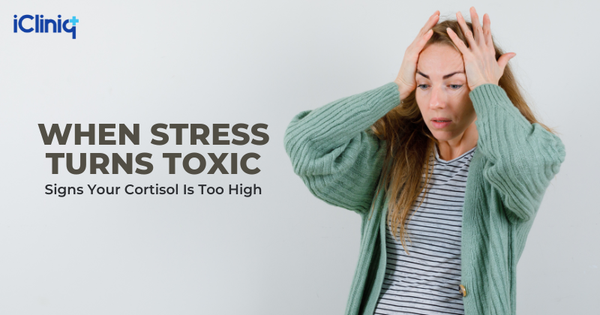How Does COVID-19 Spread?

The disease caused by the new strain of coronavirus (SARS-CoV-2) is called COVID-19, which stands for coronavirus disease, 2019. The common symptoms that are seen in humans infected by this coronavirus are fever, dry cough, and breathing difficulties. Apart from this, some patients also have muscle pain, loss of smell, runny nose, nasal congestion, sore throat, and/or diarrhea.
Most COVID-19 infected patients (that are around 80%) recover without any serious complications. About 14 to 15% of patients who get infected become seriously ill and develop breathing difficulty. And only in 3 to 4% of cases the infection causes severe pneumonia and can also be fatal.

How Does the Virus Spread?
The new coronavirus spreads mainly by respiratory droplets that are produced when a person coughs or sneezes. You can get infected in two ways:
1) Direct Contact

When these respiratory droplets enter your nose, mouth, or eyes when an infected person coughs or sneezes without covering their mouth and nose near you.
2) Indirect Contact

The respiratory droplets can live on clothes and other surfaces for hours. If you touch your face after touching such infected surfaces without washing your hands, you can get infected.
The incubation period that is the time taken for the virus to produce symptoms of COVID-19 is 1 to 14 days. So people who are infected but are not showing symptoms can also spread the disease.
Who Are at a Higher Risk of Getting Infected?
If you or your family members:
- Have traveled to other countries in the last 14 days.
- Work with someone who has traveled to other countries in the last 14 days.
- Came in contact with a person who tested positive for COVID-19.

Older adults (above 60 years of age) and people with pre-existing medical problems such as hypertension, heart problems, respiratory disease, cancer, or diabetes, are prone to developing serious complications in case they get infected.





